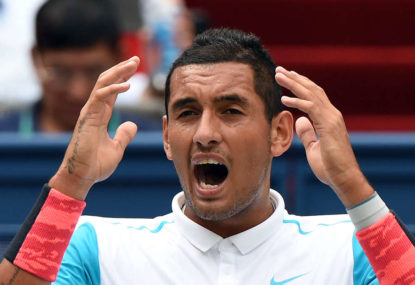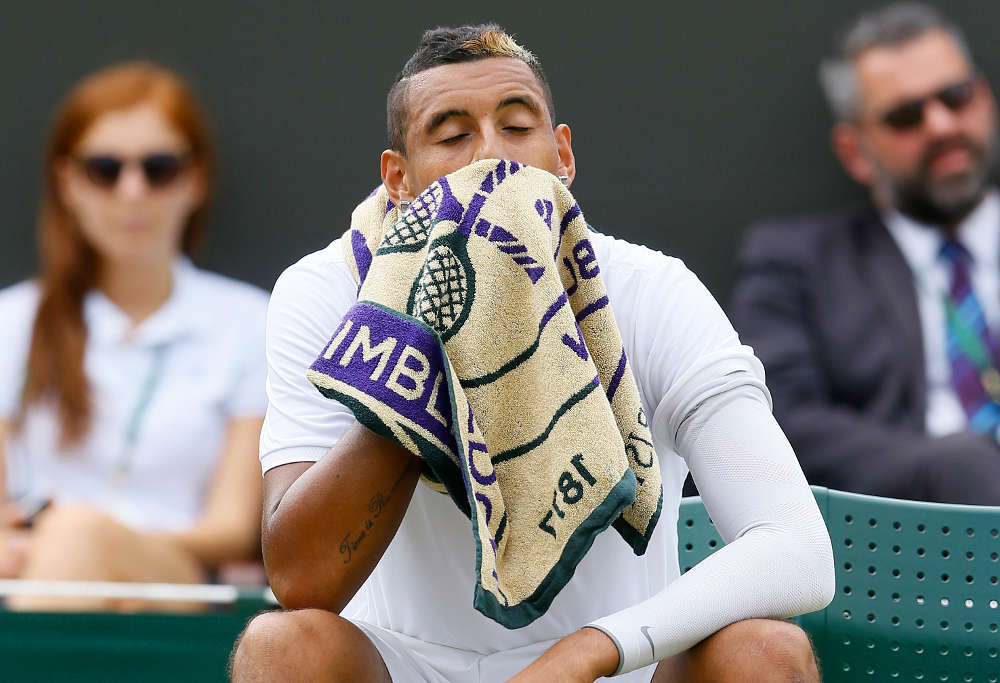JackJumpers' NBL title was special - but where does it sit among Tasmania’s top ten sporting moments?
It’s a pretty good time to be a Tasmanian sports fan right now. After years in the sporting wilderness with not much to celebrate,…

Sport plays a very significant role in world society and culture, especially in Australian society and culture. Whether it should play such a significant role is debatable.
Arguably sport provides a useful and more socially acceptable outlet for aggression and competitiveness for participants and is supposed to offer participants the opportunity for development of physical and psychological qualities and that can be beneficial for the more important things in life.
It is certainly open to question as to whether it is reasonable that many elite participants in sport are paid obscene amounts of money for moving fast in various ways; kicking, hitting or throwing balls with great skill; or performing other sporting skills with excellence, while countless millions starve and, for example, teachers and health workers struggle to make ends meet in many countries.
Sport arguably also provides spectators with a more socially acceptable outlet for aggression, competitiveness and tribalism and in general terms functions as the ‘opiate of the masses’, replacing religion in this role as originally suggested by Karl Marx.
I do not propose to directly discuss these issues here, but accept for my purposes that rightly or wrongly participation in and watching sport plays a major role in the modern world and in Australian culture.
So what are, or should be, the basic foundations of sport? What are the principles and values that should underpin sport in the best interests of the participants and the spectators who watch them?

(Kyodo)
The first and overriding principle, total and unswerving observance of the rules of any sport by the participants, has been discussed in a previous piece.
The second basic foundation of sport is the pact that all serious participants have, or should have, with their sport to always engage in it to the very best of their ability for the full duration of the contest, though I accept that some people may be engaged in sport purely for social or other reasons unrelated to achievement to whom this may not apply.
This pact applies irrespective of whether the participant or their team are ‘winning’, the significance of the event, what a rival has said about them or any other factor.
As a swimmer I used to imagine that the place I ‘went to’ mentally and physically from just before a race until the end of the race was a sacred place I called ‘Raceworld’ that demanded nothing less than absolute commitment to giving everything I had every time I visited it. I used to regard it as being ‘disrespectful’ to Raceworld to do anything less and found it almost impossible to do anything less even when there was nothing to be gained from giving 100 per cent – for example, in a heat where I would easily qualify for the final or being a long way ahead in the last leg of a relay.
Call it ‘Raceworld’, call it ‘Gameworld’, this concept can be applied to any sport. In sports that require physical exertion, giving 100 per cent (not 110 per cent!) primarily means using all the physical energy you have, most sensibly spread evenly across the duration of the event.

(AP Photo/Kirsty Wigglesworth)
In all sports there is a mental component as well, so giving 100 per cent will also include complete focus on executing all the skills of the sport to the best of your ability and, where strategy is relevant, particularly in team sports, constantly thinking where you should be and what you should be doing.
Whether a sportsperson’s goal is winning, being famous, making money, being selected for a representative team, achieving a particular time or score, beating particular rivals, or anything else, the best way to achieve all of these things is, and their primary motivation should be, to always perform as well as possible no matter what. What more could a sportsperson do?
Winning is nice, but you don’t need to be ruthlessly competitive with others; you just need to be ruthlessly competitive with the best you are capable of at any particular time. And always doing the best you possibly can allows you to always be satisfied with your performance.
Of course this approach to sport is the most appropriate one for desirable character development and the learning of beneficial life skills. A sportsperson who always does their best in their sport will be more likely to do their job and any life task to the best of their ability.
All participants giving 100 per cent physically and mentally is obviously also in the best interests of spectators. They deserve nothing less, especially if they are paying spectators. Supporters of sportspeople or teams are generally reasonably forgiving if ‘their’ competitor or team loses while giving 100 per cent effort in all areas; what justifiably irks sports fans most is seeing ‘their’ competitor or team doing less than that.